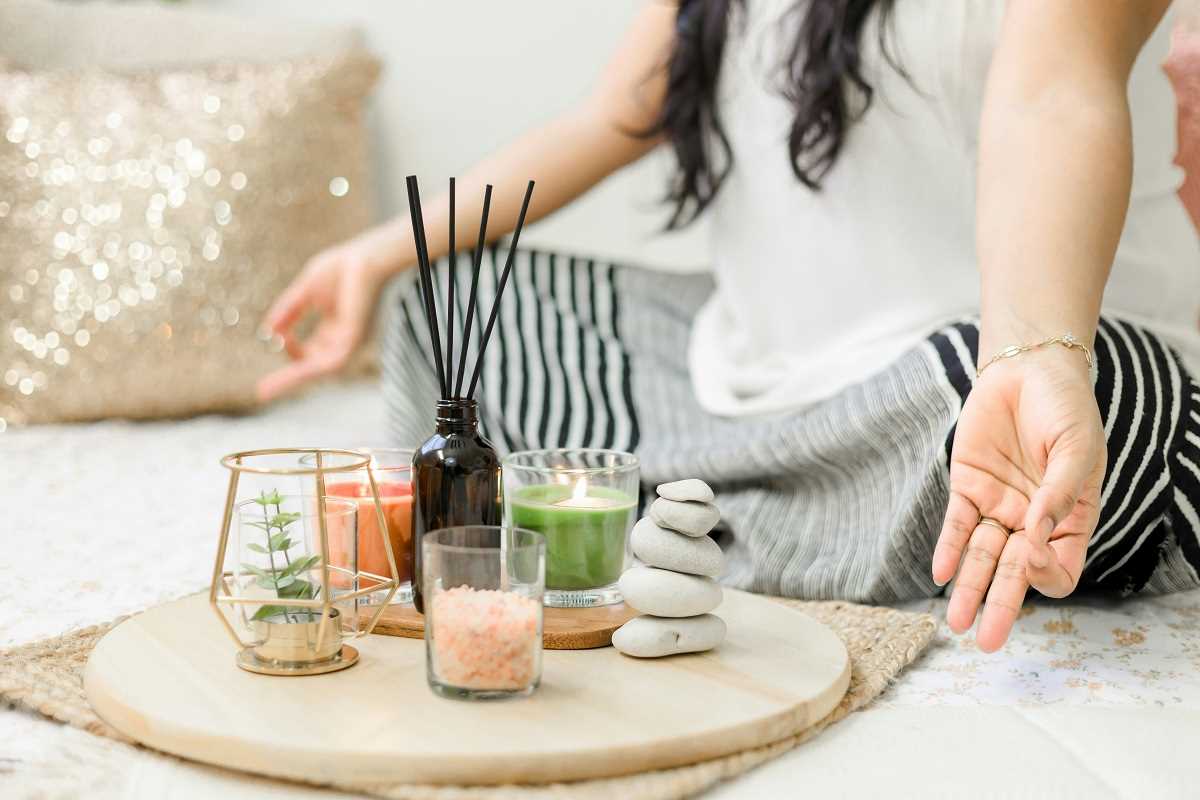Finding time for ourselves can be a challenge. Amid work, family, and social obligations, it’s easy to overlook the value of personal pursuits, yet having a hobby—a genuine interest or activity pursued for pleasure—can be transformative for our overall health and wellness.
Hobbies offer much more than just entertainment; they are powerful tools for enhancing mental, physical, and emotional well-being. Here’s a closer look at why everyone should make room in their lives for a hobby.
Stress Reduction
Hobbies are an effective way to reduce stress. Engaging in an activity you enjoy naturally releases tension and can provide an escape from daily pressures.
Whether it’s gardening, painting, playing a musical instrument, or cooking, hobbies immerse us in enjoyable tasks that shift our focus away from worries and responsibilities.
Studies show that people with hobbies are often better equipped to handle stress because they have a constructive way to unwind, allowing them to recharge and approach challenges with a clearer, more relaxed mind.
Improved Cognitive Function
Many hobbies, especially those that involve learning new skills or strategies, like playing chess, doing puzzles, or knitting intricate patterns, can sharpen cognitive abilities. These activities engage different parts of the brain, stimulating problem-solving, memory, and critical thinking skills.
Regularly challenging our minds with new tasks and information helps maintain mental agility and may even reduce the risk of age-related cognitive decline.
Boosted Creativity and Innovation
Creative hobbies like painting, writing, or crafting can open up new avenues for self-expression.
- In these activities, we get the opportunity to think outside the box and explore ideas we might not normally encounter in our daily lives.
- This creativity often spills over into other areas, making us more innovative and adaptable in our professional and personal lives.
- Having a creative outlet also encourages us to approach problems with a fresh perspective, which can lead to breakthroughs and new insights.
Enhanced Physical Health
Physical hobbies such as hiking, dancing, or cycling come with obvious health benefits: they improve cardiovascular health, increase stamina, and enhance muscle tone. But even less active hobbies, like gardening, can provide physical benefits.
Gardening, for example, involves digging, bending, and lifting, all of which contribute to better mobility, flexibility, and strength. Regular physical activity, even when it’s done for fun, can reduce the risk of chronic conditions such as heart disease, diabetes, and high blood pressure.
Better Sleep Quality
Engaging in a hobby you enjoy can also improve sleep.
Physical activity as part of a hobby can help regulate sleep patterns by promoting a natural balance of physical exertion and rest, making it easier to fall asleep and enjoy deeper rest. Hobbies that relax the mind, like reading or knitting, can help signal to the brain that it’s time to wind down, reducing racing thoughts before bed.
As a result, those with hobbies often report higher sleep quality, which further contributes to overall well-being.
Increased Happiness and Satisfaction
Hobbies provide a sense of accomplishment and joy.
- When we engage in something we love, our brains release dopamine, the “feel-good” hormone.
- This makes us feel happier and more satisfied, even with the small successes achieved in hobbies like learning a new song on the piano, finishing a knitting project, or mastering a yoga pose.
- These moments of joy contribute to a positive outlook on life, which can help buffer against depressive thoughts and feelings of low motivation.
Building Confidence and Self-Esteem
The journey of improving at a hobby fosters a sense of achievement. Whether it’s learning a new recipe, mastering a guitar chord, or becoming proficient in photography, hobbies show us our potential for growth.
Each accomplishment builds confidence, as we realize we’re capable of learning and developing new skills. This growing sense of self-efficacy can lead to greater self-esteem, which impacts how we view ourselves and how we approach challenges in all areas of life.
Enhanced Social Connections
Many hobbies provide an opportunity to connect with others who share the same interests.
From book clubs to sports teams and art classes, hobbies often come with built-in communities. These social connections can be invaluable for emotional health, offering a support system and a sense of belonging.
Engaging in hobbies with others also provides a chance to build communication and teamwork skills, making social interactions more enjoyable and meaningful.
A Sense of Purpose and Fulfillment
Hobbies give us something to look forward to, a break from the monotony of daily routines.
- They can provide a sense of purpose and fulfillment, which can be particularly valuable for those who feel their lives lack direction or excitement.
- Working toward personal goals in a hobby can instill a sense of accomplishment and give life additional meaning beyond work or daily responsibilities.
- This renewed purpose can positively impact overall mental health, providing motivation and a greater sense of contentment.
With the variety of options available, from music and art to sports and crafting, there’s a hobby for everyone. Finding an activity that brings joy and meaning can have profound effects on mental, physical, and emotional wellness. By making time for hobbies, we cultivate a life that’s not just busy, but balanced and fulfilling.
So whether it’s learning a language, hiking a new trail, or even simply cooking a new recipe, embracing a hobby can lead to a healthier, happier, and more enriched life.
 (Image via
(Image via





